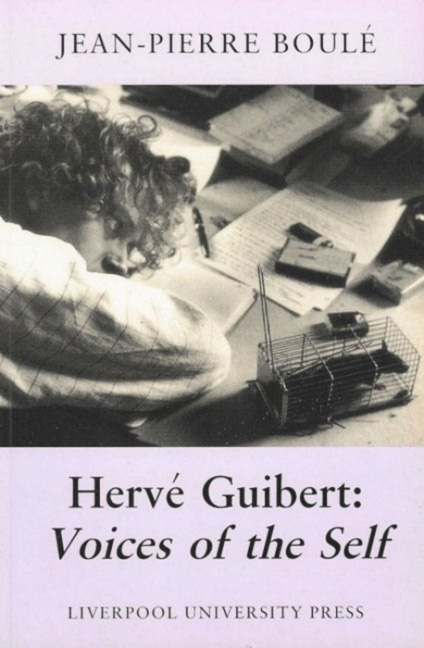Book contents
- Frontmatter
- Dedication
- Table of Contents
- Acknowledgements
- List of Abbreviations
- Introduction
- 1 Youthful Writings
- 2 Photographic Writing
- 3 Towards the Novel
- 4 Image and Text
- 5 The ‘Novel’
- 6 ‘Autobiography’
- 7 Towards the Roman Faux
- 8 The Roman Faux
- 9 Thanatographical Writing
- 10 The Fictitious, the Fake or the Delirious
- Conclusion
- Notes
- Notes to Chapter One
- Notes to Chapter Two
- Notes to Chapter Three
- Notes to Chapter Four
- Notes to Chapter Five
- Notes to Chapter Six
- Notes to Chapter Seven
- Notes to Chapter Eight
- Notes to Chapter Nine
- Notes to Chapter Ten
- Notes to Conclusion
- Bibliography
- Index of Names
- Index of Notes
Introduction
- Frontmatter
- Dedication
- Table of Contents
- Acknowledgements
- List of Abbreviations
- Introduction
- 1 Youthful Writings
- 2 Photographic Writing
- 3 Towards the Novel
- 4 Image and Text
- 5 The ‘Novel’
- 6 ‘Autobiography’
- 7 Towards the Roman Faux
- 8 The Roman Faux
- 9 Thanatographical Writing
- 10 The Fictitious, the Fake or the Delirious
- Conclusion
- Notes
- Notes to Chapter One
- Notes to Chapter Two
- Notes to Chapter Three
- Notes to Chapter Four
- Notes to Chapter Five
- Notes to Chapter Six
- Notes to Chapter Seven
- Notes to Chapter Eight
- Notes to Chapter Nine
- Notes to Chapter Ten
- Notes to Conclusion
- Bibliography
- Index of Names
- Index of Notes
Summary
‘Quelque part, j'avais écrit dans mon journal, avant de savoir que jétais malade: “Mort du sida. Indication superbe d'une biographie” ’ (‘Somewhere I had written in my diary, before knowing that I was ill, “Died of AIDS. Superb note to strike for a biography” ’). This sentence sums up perfectly the writer Hervé Guibert's complete attitude to the disease. In imagining himself dead he can already see the advantages held out to a biographer by the circumstances of his death. There is never any question of wallowing in self–pity over his own fate: in transcending his condition, in reaching towards the fictional enterprise which is what biography is all about, he rejoices in the idea of such an inscription. Hervé Guibert died on 27 December 1991. He had tried to commit suicide in the night of 12 to 13 December 1991. That date no doubt meant a lot to him. Having been born on 14 December 1955, he probably did not wish to see his thirty–sixth birthday. Fate decided otherwise; he survived another 14 days in hospital.
Hervé Guibert had got AIDS. He had said so in a book called À l'ami qui ne m'a pas sauvé la vie (Ami), published in 1990. This book made him famous and brought him to general public attention, especially after his appearance on television on 16 March 1990 in the books programme ‘Apostrophes’. A whiff of scandal surrounded the publication of À l'ami: Guibert had made ‘revelations’ about a certain ‘Muzil’ in whom everyone thought they recognised Michel Foucault, and his sales leapt from 5,000 to 150,000 copies. The same happened with Le Protocole compassionnel (PC), published in 1991, when he again appeared on television, this time as the only guest on the books programme ‘Ex Libris’ on 7 March 1991. Three other books appeared in his lifetime (including a new edition of a previously published work); they were followed by posthumous writings and by ‘La Pudeur ou l'Impudeur’ (‘Modesty or Immodesty’), a film shown on TF1, the main French television channel, on 30 January 1992.
But there is more to Hervé Guibert thanÀ l'ami, which was after all his seventeenth book.
- Type
- Chapter
- Information
- Hervé GuibertVoices of the Self, pp. 1 - 12Publisher: Liverpool University PressPrint publication year: 1999

